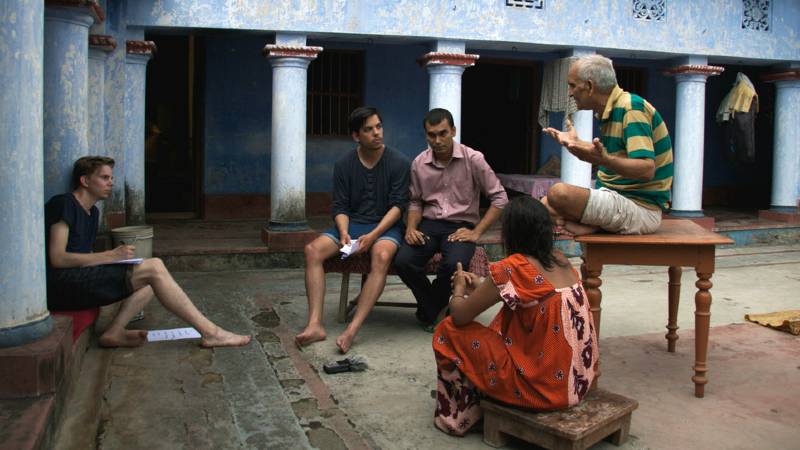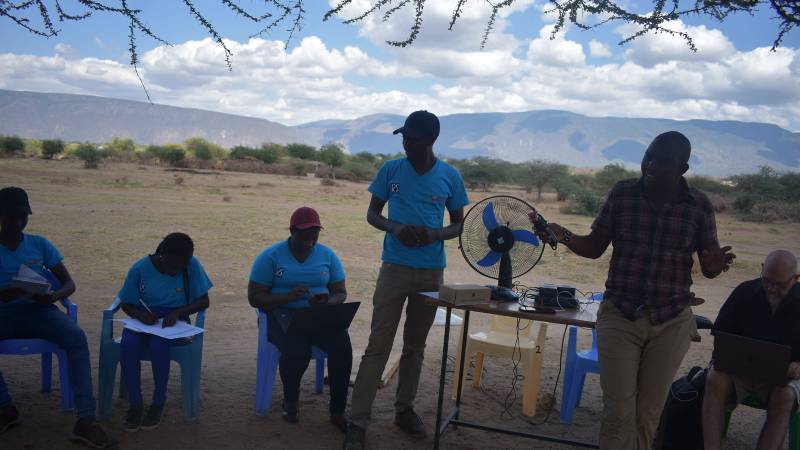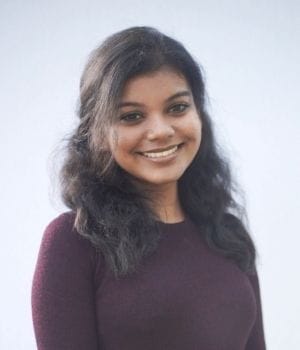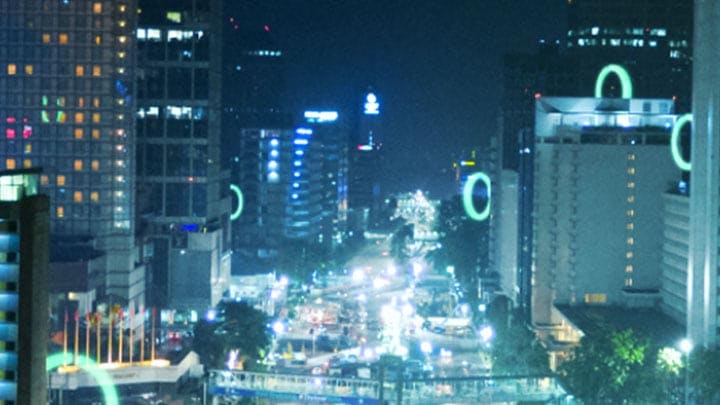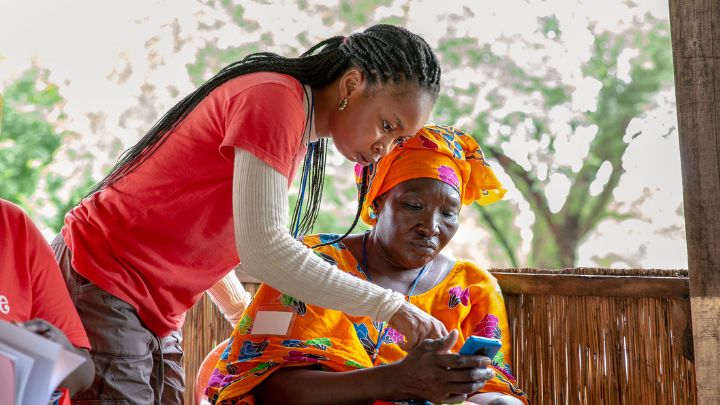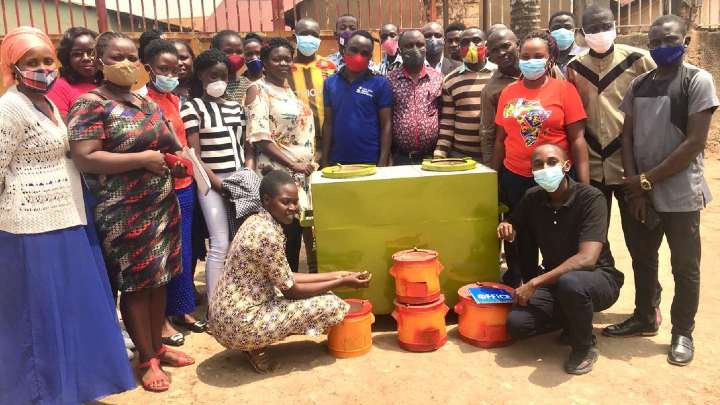June 28, 2021
Many isolated communities are living far away from grid connectivity in sub-Saharan Africa.
Relevant and affordable energy solutions, like mini-grids and solar home systems, are enabling these communities to leap-frog the grid, imitating how most homes jumped from landlines to mobile phones in the telecom industry. However, the future of smart grids is disproportionately accessible to the emerging markets in Africa. Energy poverty is multi-layered and sustainable lighting solutions have been the most vital technology intervention, but represent only a fraction of what constitutes global access to energy.
Powering energy access with ‘hidden design’
